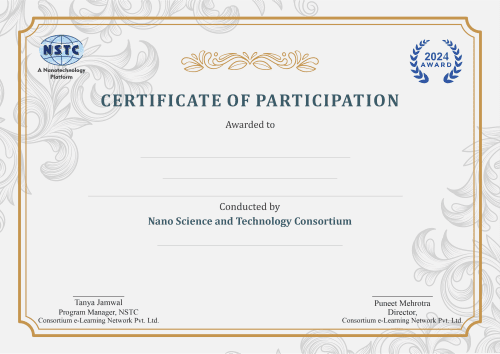
Clinical Trial Document Management: A Hands-on workshop
Streamline Success: Mastering Document Management in Clinical Trials
The “Clinical Trial Document Management: A Workshop” offers a deep dive into the critical role of document management in the success of clinical trials. Over the course of one month, participants will engage with the standards and practices that ensure compliance with international regulatory bodies, learning how to maintain, store, and handle clinical documentation effectively. The workshop combines theoretical lessons with practical exercises, including the use of document management systems and simulations of trial audits.
Aim: This workshop is designed to equip participants with the skills and knowledge to manage and oversee documents in clinical trials effectively. It aims to enhance understanding of regulatory requirements, document integrity, and compliance within clinical research, preparing participants for leadership roles in clinical operations.
- Understand the regulatory environment and requirements for clinical trial documents.
- Learn the use and management of eTMF and other document management systems.
- Develop skills in maintaining document accuracy and integrity under audit conditions.
- Enhance ability to manage document workflows in multi-site trials.
- Prepare for leadership roles in clinical trial operations and management.
What you will learn?
Modules 1:
Session 1: Introduction to Clinical Trials
- Understanding the Drug Development Process
- Overview of Clinical Trial Phases and Objectives
- Ethics and Regulatory Guidelines in Clinical Research
Session 2: Designing a Clinical Trial Protocol
- Step-by-Step Protocol Development
- Key Components of a Comprehensive Protocol
- Interactive Group Exercise: Drafting a Sample Protocol
Session 3: Essential Documents in Clinical Trials
- Importance and Purpose of Key Documents
- Hands-on Activity: Creating Informed Consent Forms (ICFs)
- Developing Case Report Forms (CRFs) for Data Collection
Module 2:
Session 4: Investigator Site Files (ISFs)
- Role and Importance of Investigator Site Files
- Contents of ISFs and Maintenance Procedures
- Ensuring Compliance and Inspection Readiness
Session 5: Data Management and Quality Assurance
- Data Collection and Entry Techniques
- Practical Exercise: Using Electronic Data Capture (EDC) Systems
- Quality Control and Data Validation in Clinical Trials
Session 6: Source Document Verification (SDV) and Source Data Validation (SDV) in Clinical Trials
- Understanding SDV and Source Data Validation Processes
- Implementing SDV in Clinical Trial Monitoring
- Ensuring Data Integrity and Accuracy
Module 3:
Session 7: Pharmacovigilance and Safety Reporting in Clinical Trials
- Requirements and Procedures for Pharmacovigilance
- Safety Reporting and Adverse Event Documentation
- Role Play: Managing Adverse Events and Reporting
Session 8: Good Clinical Practice (GCP) in Action
- Interactive GCP Guidelines Program
- Compliance and Auditing Simulation
- Addressing Real-world Challenges in Clinical Trials
Session 9: Compliance with ICH Guidelines in Clinical Trial Documentation
- Overview of ICH Guidelines for Clinical Trials
- Ensuring Compliance in Trial Documentation
- Good Documentation Practices (GDP) in Pharmaceutical Manufacturing
Intended For :
- Undergraduate degree in Life Sciences, Pharmacy, Medicine, or related fields.
- Professionals in clinical research, regulatory affairs, or healthcare industries.
- Individuals with a background in data management or an interest in clinical trials.
Career Supporting Skills


